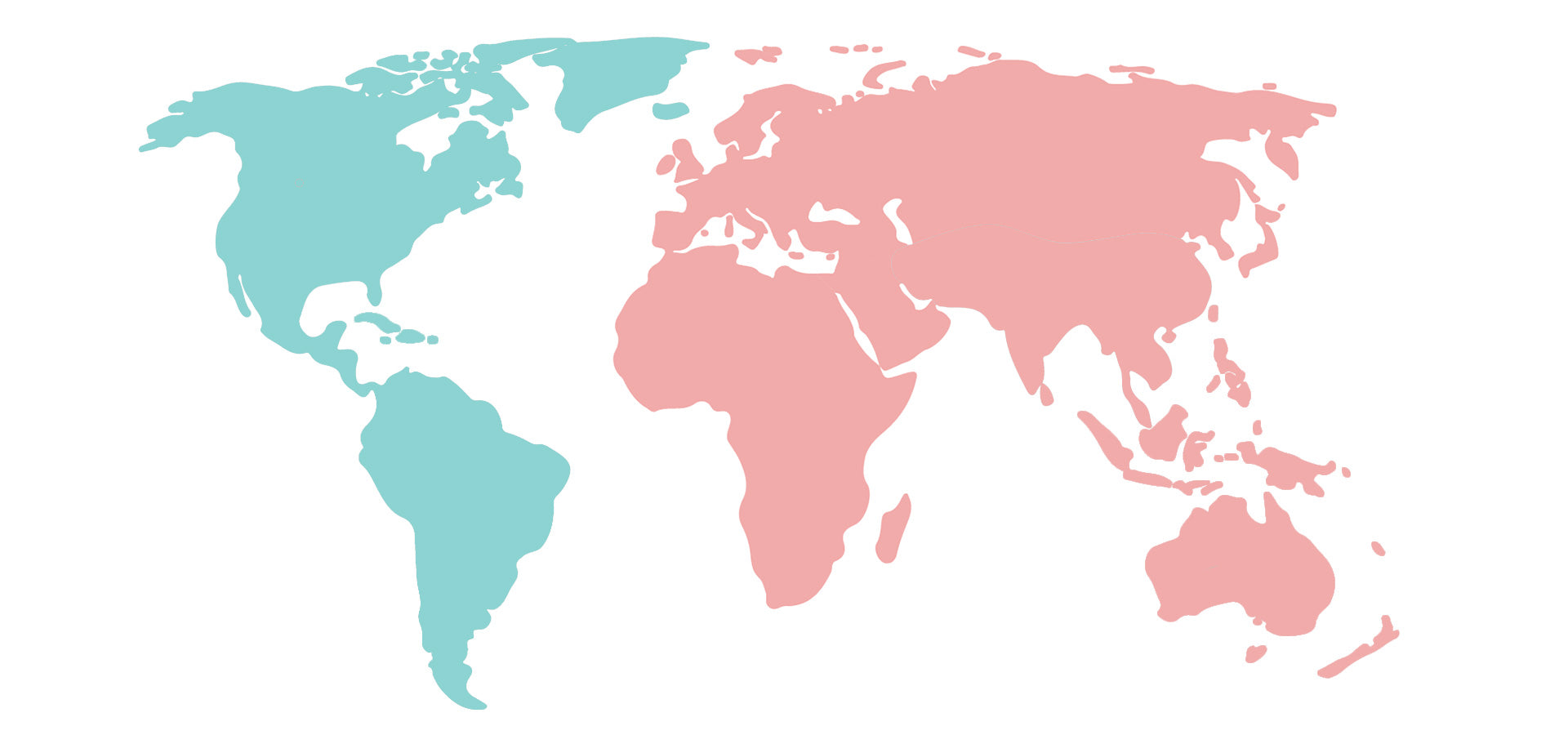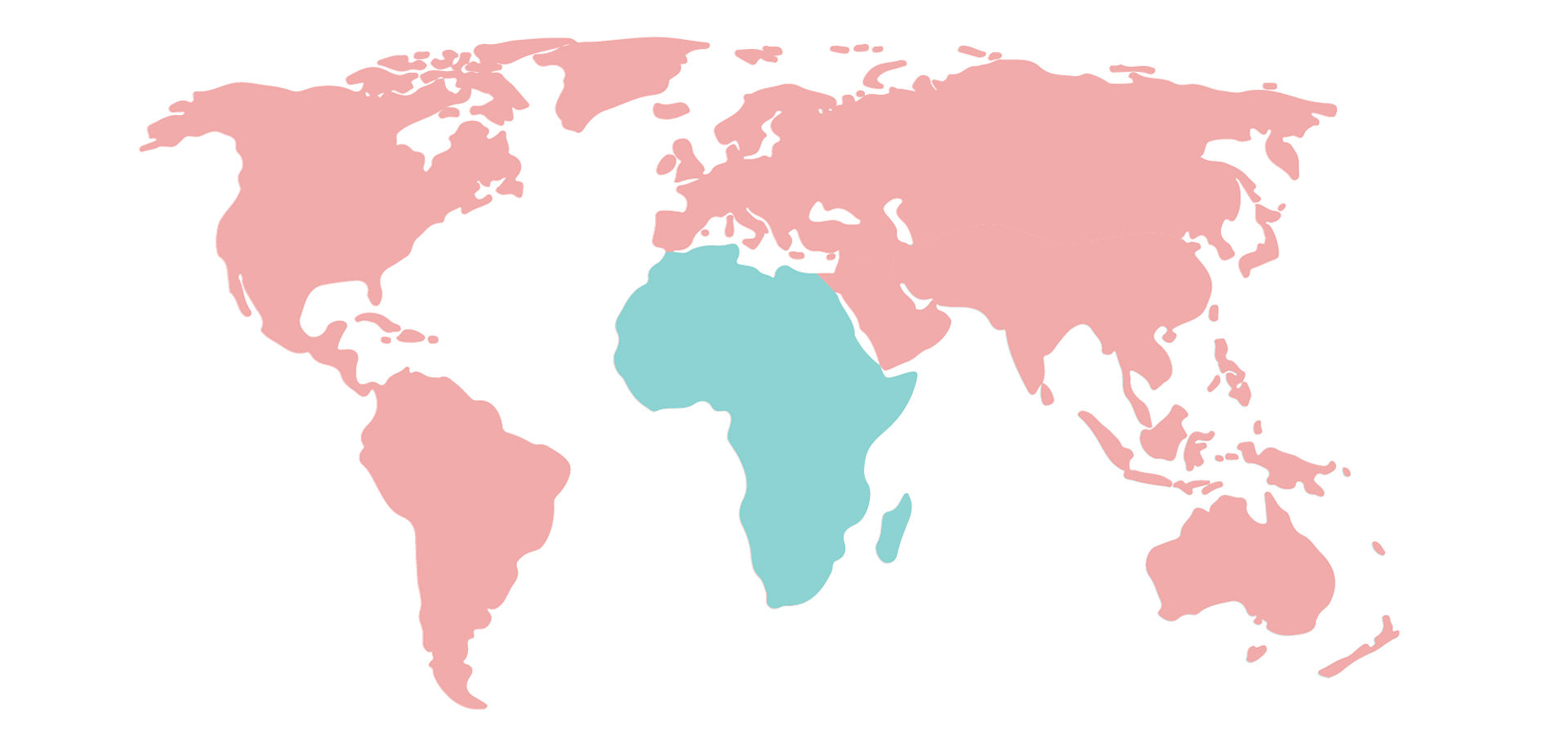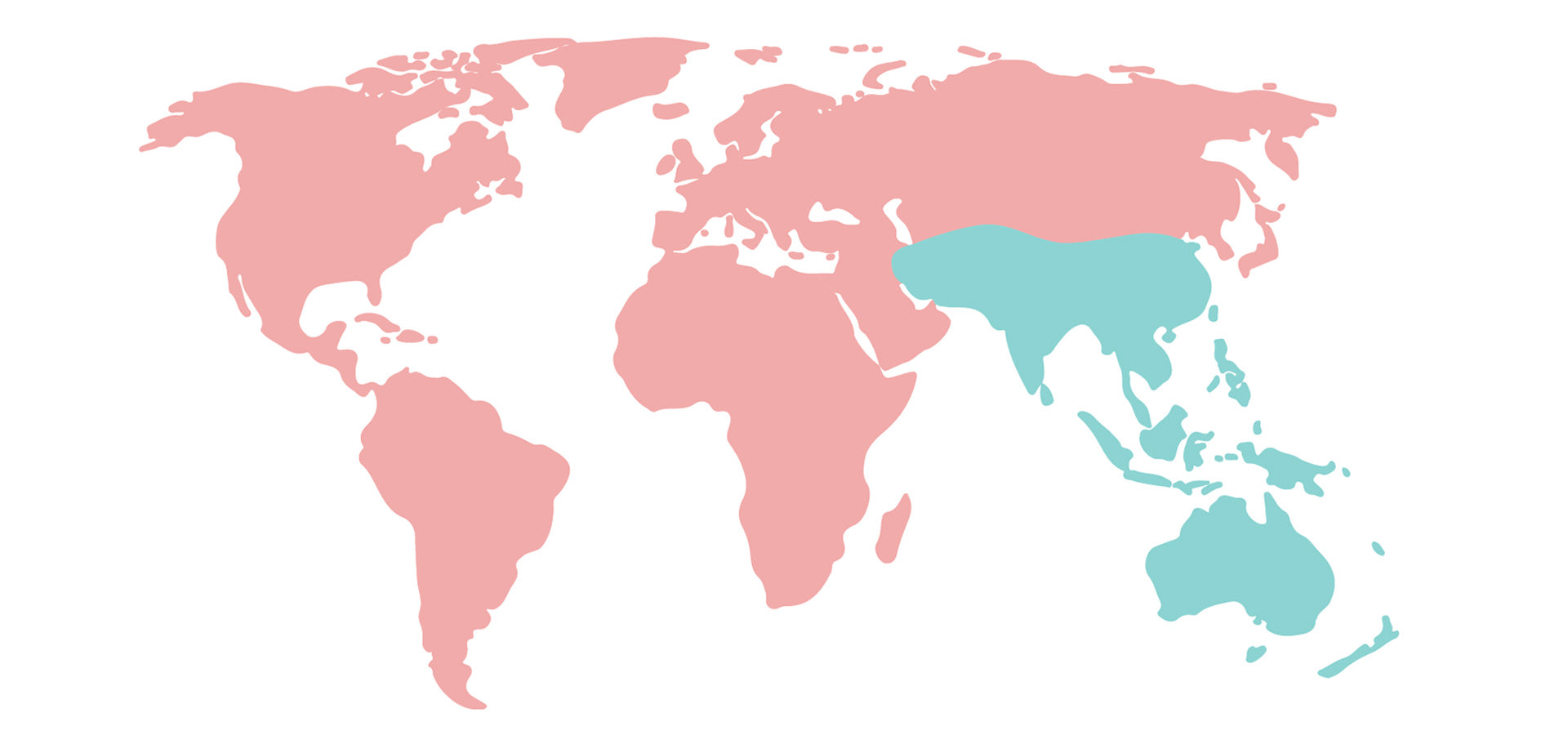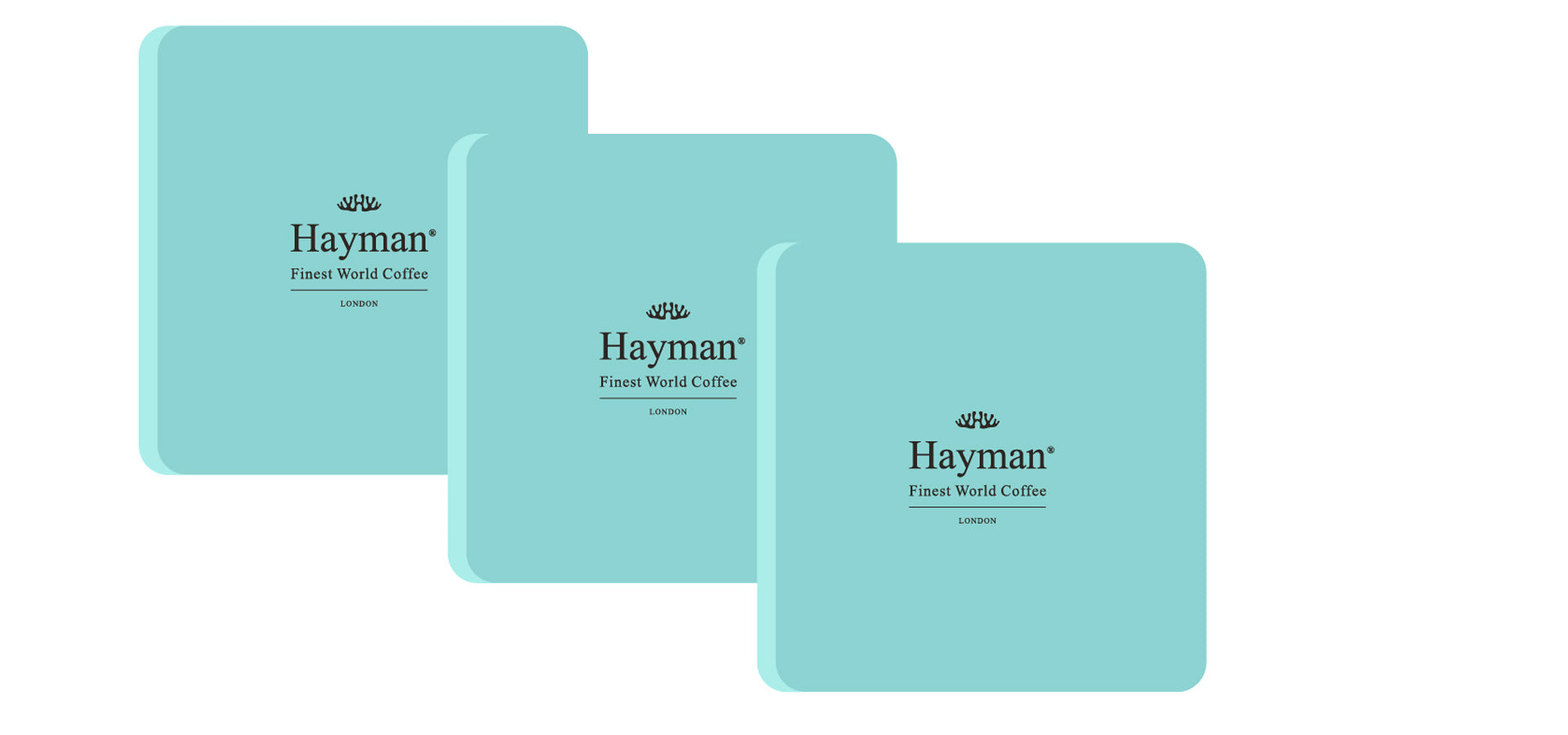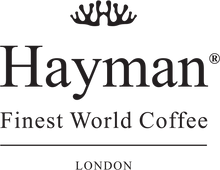ALTERNATIVE RESOLUTION ON CONSUMER DISPUTES (“ARD” in English or “RAL” in Portuguese)

The Law No 144/2015 of 08 September transposed Directive 2013 / EU of the European Parliament and of the Council, of 21 May 2013, on alternative dispute resolution for consumer disputes.
This law establishes the legal framework of the Alternative Dispute Resolution mechanisms, creating in Portugal the Consumer Arbitration Network.
What are consumer disputes?
These are disputes initiated by a consumer against a supplier of goods or service provider, which comply with contractual obligations arising from a purchase or sale or service contract concluded between a supplier of established goods or services and consumers resident in Portugal and in the European Union (Article 2, no. 1, of Law 144/2015).
What is ARD/RAL?
The ARD/RAL are mechanisms available to consumers and businesses to try to resolve consumer disputes out of court in a more expeditious and inexpensive way. The ARD/RAL covers mediation, conciliation and arbitration. The ARD/RAL process begins with an attempt to reach agreement through mediation or conciliation. However, if this agreement is not reached, the parties may still appeal to the Arbitration Court through a simple and rapid procedure.
What are ARD/RAL entities?
They are independent entities with specialized personnel, which impartially help the consumer and the company to reach a friendly solution. These entities are authorized to mediate, conciliate and arbitrate consumer disputes. These entities must be included in the list provided for in article 17 of Law 144/2015.
Who is responsible for managing the list of ARD/RAL entities?
The Directorate-General for the Consumer is the national authority responsible for organizing the entry and disclosure of the list of ARD/RAL entities (see Annex I).
How many ARD/RAL entities are there in Portugal?
In Portugal, there are ten Consumer Conflict Arbitration Centers. Seven of those are of generic competence and of regional scope, being located in Lisbon, Oporto, Coimbra, Guimarães, Braga/Viana do Castelo, Algarve and Madeira. There is also the national territorial center (supplementary), the CNIACC - National Center for Information and Arbitration of Consumer Disputes ("Centro Nacional de Informação e Arbitragem de Conflitos de Consumo"). There are also two specific competence centers in the automotive and insurance sectors.
How does a company know which ARD/RAL entity should it point its customers to?
The place of conclusion of the contract for the purchase of goods or services, which normally coincides with the place of establishment, determines the competent arbitration center.
Examples:
- A company that has only one or more commercial establishments in a particular municipality should indicate to the consumer only the ARD/RAL entity that has the authority to settle disputes in that county.
- A company that carries out its activity throughout the national territory, must indicate to consumers all of the competent entities in the country.
- A vehicle repair shop, an insurance company or a travel agency should designate specialized entities for these sectors.
Who is required to inform consumers about ARD/RAL entities?
All suppliers of goods and service providers, including those who only sell products or provide services over the Internet, are obliged to inform consumers about available ARD/RAL entities or about those which they have voluntarily joined or that are bound to by law. Only providers of General Interest Services with no economic interests, such as social services rendered by or on behalf of the state, health services and public complementary or higher education services, are excluded.
The obligations arising from Law 144/2015 apply, with appropriate adaptations, to all economic sectors not excluded by the law, including those in which there is already specific legislation that provides for the same obligation.
Is there any imposition of membership to an ARD/RAL entity?
The present law does not impose membership of any ARD/RAL entity, establishing only a duty of information on the existing entities. However, there are specific arbitration entities created for essential public services, such as electricity, gas, water & waste, electronic communications and postal services.
How should companies provide this information?
This information must be provided in a clear, comprehensible and appropriate manner to the type of good and service that is sold or provided (Article 18 no. 2 of Law 144/2015). Therefore, this information should be communicated as follows:
- On the electronic site of suppliers of goods or service providers, if any.
- In contracts for the purchase or sale of services between the supplier of goods or service provider and the consumer, when these take a written form or constitute contracts of adhesion.
- If there is no written form, the information must be provided on another durable medium, in particular on a sign posted on the wall or affixed to the sales counter or on the invoice delivered to the consumer.
Does the law provide for a standardized model of information to be provided to consumers?
No. However, a proposal to draw up a sign is attached (Annex II).
Who is responsible for monitoring compliance with the obligation to provide information to consumers?
It is the responsibility of the Authority for Food and Economic Security (”Autoridade de Segurança Alimentar e Económica”) and of sector regulators in their respective areas, the supervision of compliance with these duties, the investigation of the respective processes of mismanagement and the decision about these processes, including the application of fines and ancillary sanctions if necessary.
What is the consequence of non-compliance with the duty of information to be provided to consumers?
Failure to comply with the information obligation of suppliers of goods or service providers constitutes a misdemeanor, punishable by:
- Fines between € 500 and € 5,000, when committed by an individual person.
- A fine of between € 5000 and € 25,000, when committed by a company.
When does this new regime apply?
Law no. 144/2015 of September 8th entered into force on September 23rd, 2015, and suppliers of goods or service providers had 6 months from that date to adapt to this new regime. Therefore, since 23 March 2016, companies should make this information available to their consumers.
ATTENTION: Consumer information on available ARD/RAL entities does not exempt suppliers of goods and service providers from providing consumers with the Complaints Book, mandatory under Decree-Law no. 156/2005, of September 15th.
